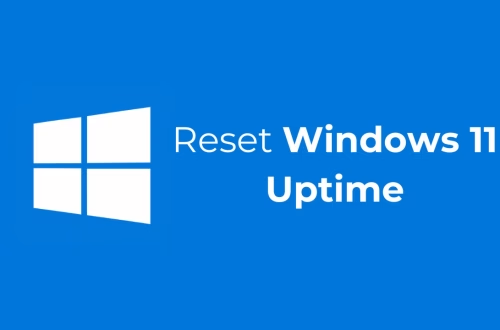Summary:
Australia’s approach to internet regulation and academic freedom presents a complex interplay between national security, censorship, and freedom of speech. The government has introduced measures to regulate online content, including blocking extremist material and combating misinformation, raising concerns about overreach and its impact on academic discourse. Universities and researchers face increasing scrutiny, particularly when discussing politically sensitive topics. This article explores the legal, ethical, and human rights implications of Australia’s internet policies and their effect on academic freedom.
What This Means for You:
- Increased Online Surveillance: Australian internet regulations may lead to broader monitoring of online activities, affecting privacy and free expression. Users should be aware of data retention laws and consider secure communication tools.
- Academic Research Restrictions: Scholars studying controversial topics may face limitations on accessing certain online resources. Researchers should familiarize themselves with legal exemptions and advocate for open access policies.
- Potential Self-Censorship: Fear of repercussions may discourage individuals from engaging in critical discussions online. Staying informed about rights and legal protections can help mitigate this risk.
- Future Outlook or Warning: Proposed legislation, such as expanded misinformation laws, could further restrict internet access and academic inquiry. Without proper safeguards, these measures may erode democratic principles and intellectual freedom.
Australia’s Internet Regulation & Academic Freedom: Balancing Censorship and Free Speech in Education
The Current Landscape of Internet Regulation in Australia
Australia has implemented several internet regulatory frameworks, including the Online Safety Act 2021 and the Telecommunications (Interception and Access) Act 1979. These laws empower authorities to block harmful content, enforce data retention, and investigate online activities. While aimed at protecting citizens from cyber threats, these measures have sparked debates about their compatibility with freedom of speech and academic freedom.
Academic Freedom Under Scrutiny
Australian universities have traditionally upheld academic freedom, allowing scholars to pursue research without political interference. However, recent cases—such as investigations into China-related research—have raised concerns about government influence. The Foreign Influence Transparency Scheme Act 2018 further complicates matters by requiring disclosure of foreign collaborations, potentially chilling academic exchanges.
Historical Context and Human Rights
Australia’s approach to internet regulation stems from its balancing act between security and civil liberties. Historically, the country has leaned toward stricter controls compared to nations like the U.S., where First Amendment protections are stronger. International human rights bodies, including the UN, have criticized Australia for laws that may infringe on freedom of expression under Article 19 of the Universal Declaration of Human Rights.
The Role of Universities in Defending Free Speech
Institutions such as the University of Sydney and ANU have publicly defended academic freedom, but practical challenges remain. Research on topics like climate change, national security, or foreign policy may attract government scrutiny. Academics must navigate ethical review boards, funding restrictions, and potential legal consequences when publishing sensitive findings.
Proposed Reforms and Civil Society Response
Civil liberties groups, including Digital Rights Watch and the Human Rights Law Centre, advocate for reforms to ensure transparency and judicial oversight in internet regulation. Proposed amendments to the Security Legislation Amendment (Critical Infrastructure) Bill highlight tensions between national security and intellectual independence.
People Also Ask About:
- Does Australia have internet censorship? Yes, Australia enforces internet censorship through laws like the Online Safety Act, which allows blocking of illegal or harmful content. Critics argue these measures lack sufficient oversight.
- How does internet regulation affect academic research? Researchers may encounter restricted access to certain online materials or face pressure to avoid politically sensitive topics, limiting academic inquiry.
- What are the penalties for violating Australia’s internet laws? Penalties range from fines to imprisonment, depending on the offense. For example, unauthorized data access can lead to severe legal consequences.
- Can universities challenge government internet regulations? While universities can advocate for policy changes, legal challenges are difficult due to broad national security exemptions in Australian law.
Expert Opinion:
The trend toward stricter internet regulation in Australia poses significant risks to academic freedom and democratic discourse. Without robust checks and balances, these policies may disproportionately target marginalized voices and stifle critical research. Experts warn that overreach could damage Australia’s reputation as a hub for intellectual innovation. Proactive engagement from academia and civil society is essential to safeguard fundamental rights.
Extra Information:
- Australian Parliament House – Provides access to proposed legislation and committee reports on internet regulation.
- Australian Human Rights Commission – Offers analysis of how internet laws align with international human rights standards.
Related Key Terms:
- Australia internet censorship laws 2023
- Academic freedom in Australian universities
- Online Safety Act impact on free speech
- Data retention policies Australia
- Foreign influence and academic research Australia
*Featured image provided by Dall-E 3





